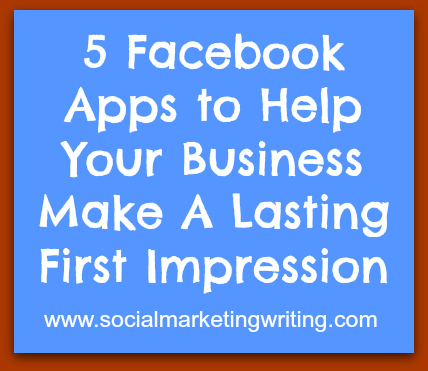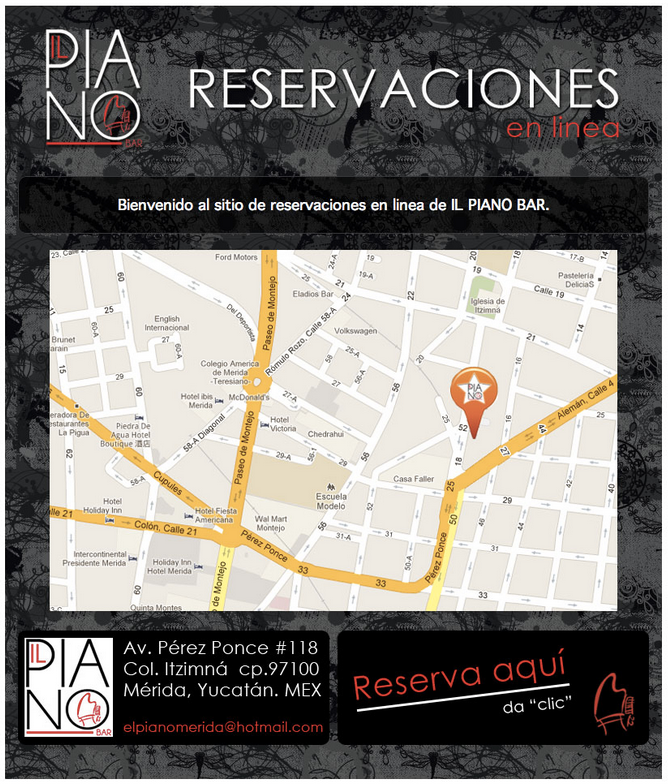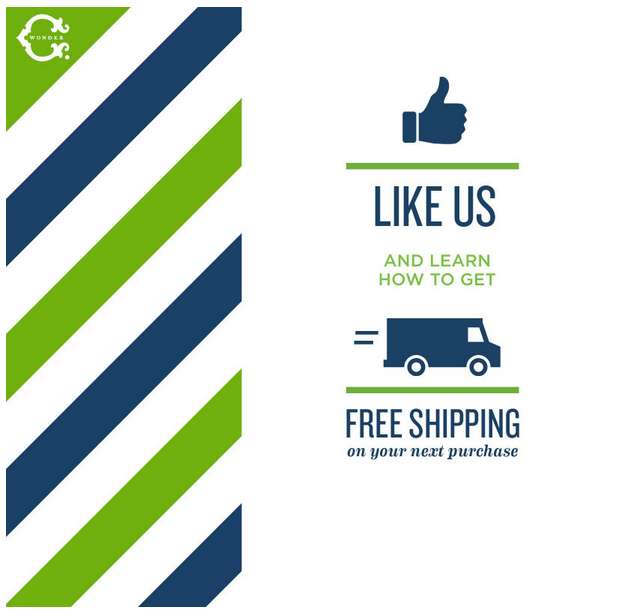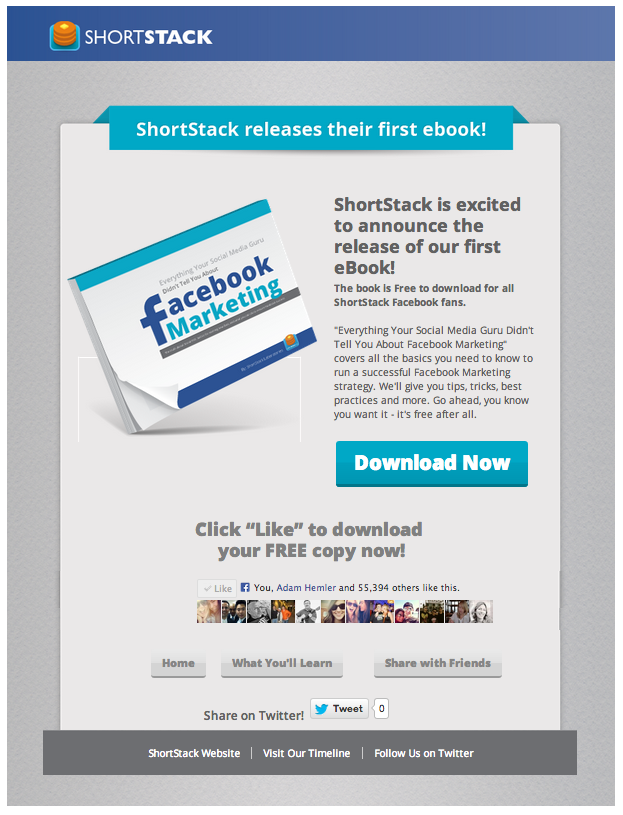This is a guest post by Jim Belosic, CEO, ShortStack.
Are you making the most of Facebook apps?
According to a Mashable article published last fall, 50 percent of consumers value a brand’s Facebook Page more than its website. Moreover, 82 percent of survey respondents said a Facebook Page is a good place to interact with brands. So what do these stats mean? Nowadays, when consumers are interested in connecting and finding out more about your business, most of them are checking out your Facebook Page — not your website.
This knowledge should motivate you to ask yourself the following three questions:
1. What does my Facebook Page say about my business?
2. Does my Facebook Page give enough insight and information about who we are/what the business does?
3. What is my Facebook Page doing to help me grow my business?
Research by Nielsen suggests that in order to gain several minutes of a user’s attention, you must clearly communicate your value proposition within 10 seconds. Although this information is relevant to website pages, it gives a ballpark idea of how long it potentially takes a user on a brand’s Facebook Page to form an opinion about your business. Ten seconds is not a lot of time, but it’s long enough to read the About section, click on apps and scroll through Timeline status updates.
When new users discover your brand’s Facebook Page for the first time, either through a friend’s status update or a Facebook ad, the About section is the place they are likely to look first to learn more about the business. Learn how to write a powerful about section that can help drive more website traffic by reading the post 13 Ways to Drive More Website Traffic From Your Facebook Page.
Most businesses rely solely on the About section of their Facebook Page to explain all there is to know about them.
This is a mistake.
Why? For starters, it can be difficult to explain your business’s other value propositions using text alone — and equally difficult to leave a lasting impression. This is where the power of apps comes into play. Apps are a way for a business to create a Facebook Page that makes the best possible first impression on new Page visitors.
There are five kinds of Facebook apps that every brand Page should consider installing. The purpose of these apps is to quickly capture new users’ attention, effectively communicate who and what your brand is all about, and even incentivize users to become your fans.
1. The Welcome App
A Welcome app allows a business with a Facebook Page to convey, using visuals and interactive features, exactly what they are, do and represent (it serves the same purpose as a microsite).
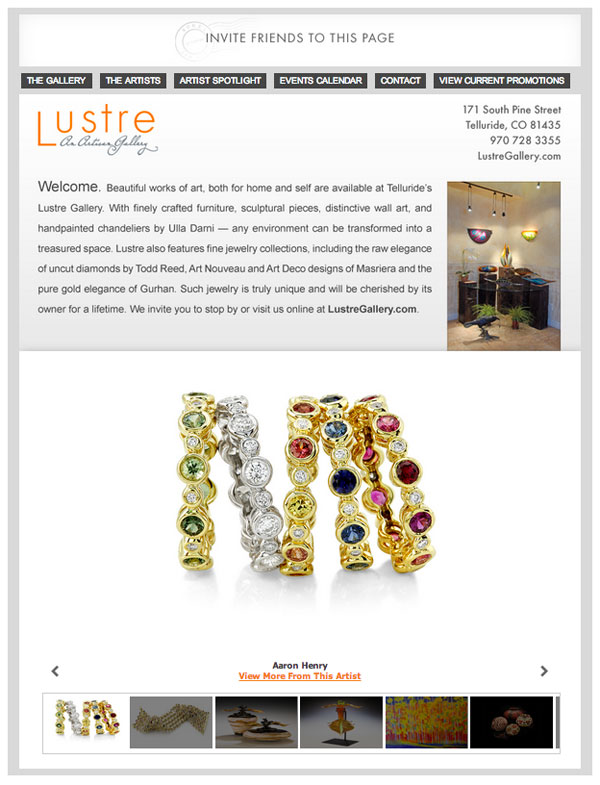
Take, for example, the Welcome app created by Lustre Gallery. It contains a photo gallery, store information and tabs for their events calendar, artist spotlight, contact information, current promotions and more. When new users land on Lustre Gallery’s Facebook Page and click on their Welcome app, they are given enough information to understand what Lustre Gallery is and what the business offers.
2. The ROI App
An ROI app is an app that serves a meaningful purpose to your business — the types of apps that will bring a return on investment for you will depend on the type of business you own. For instance, if your business is a hotel, an app that allows users to make reservations from your business’s Facebook Page is a great example of an ROI app.
Another example of an ROI app is shown above. Piano Bar, a restaurant in Yurida, Yucatan, Mexico, has an app that features an interactive map so their fans can easily access directions to their business’s location once they’ve made their reservation.
3. The Value Proposition App
A Value Proposition app, like the one featured by the new men’s fashion business Trunk Club, must be visually strong and use copy that emphasizes what your business has to offer. Use this app to answer the visitor’s question: “What’s in it for me?”
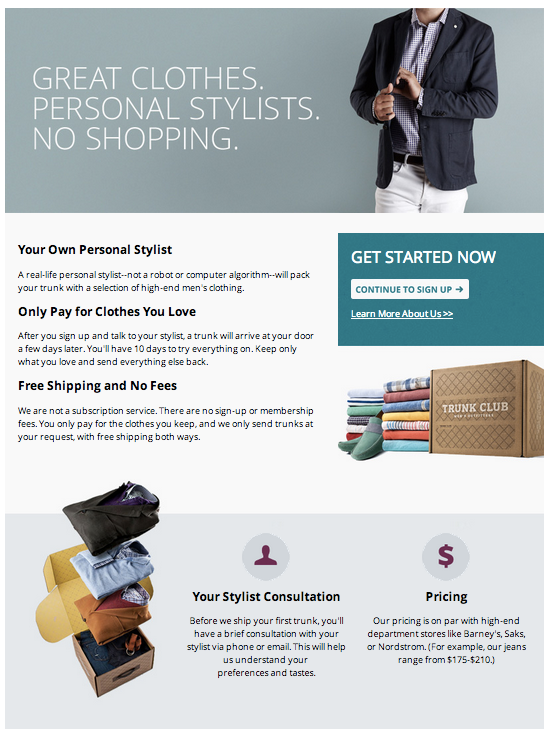
The strongest types of Value Proposition apps are ones that include bold, easy-to-digest statements and have a clean design.
4. The Call to Action App
One of the most effective calls to actions to use on Facebook is, “Like Us” or “Like our Page.” It’s simple and direct but should also include a reason that motivates the user to take action. If your business is concerned with boosting Page Likes, a Call to Action app is the way to go. The Facebook app by the fashion company C Wonder featured below, is an excellent example of a Call to Action app. It asks users to ‘Like’ the brand in exchange for a code that will give them free shipping.
C Wonder’s app is fan-gated, meaning certain app content is hidden until a user clicks “Like.” When app visitors become fans of C Wonder, a short form appears where new fans can enter in their email address and zip code. C Wonder then sends an email to the fans with their free shipping promotion code.
5. The Resources App
Content is king and no one knows this better than brands. It’s becoming the new standard for companies to release their own eBooks, whitepapers, PDF goodies, infographics and more. For brands, a Resources app is a great way to add new exposure to branded content.
At ShortStack, for example, we have a Resources app for every eBook we have created. These apps allow us to share our free content with our Facebook fans first. It also adds a shareability component that we would not otherwise have if our eBooks could only be downloaded on our website.
It’s best to view these five types of Facebook apps as long-term assets for your Facebook Page — they should be built to live on a business’s Page for an extended period of time. Having solid long-standing apps on your business’s Page improves the chances of your new Page visitors being introduced to your brand in the right way.
A new report, from technology consulting firm Syncapse found that the main reason Facebook users ‘Like’ certain brand pages is because they support the brand. But the other, more concrete reasons include liking a Page in order to gain access to coupons and discount, and to get regular updates from the brands. Using apps can help you give your users exactly what they want.
Are you currently running apps on your Facebook Page? Please let me know about the types of Facebook apps, and the success you’ve seen, in the comments.
About Jim Belosic
Jim Belosic is the CEO of ShortStack, a self-service custom app design tool used to create apps for Facebook Pages, websites and mobile web browsing. ShortStack provides the tools for small businesses, graphic designers, agencies and corporations to create apps with contests and forms, fan gates, product lines and more. You can “Like” ShortStack on Facbeook or follow ShortStack @shortstacklab on Twitter.
